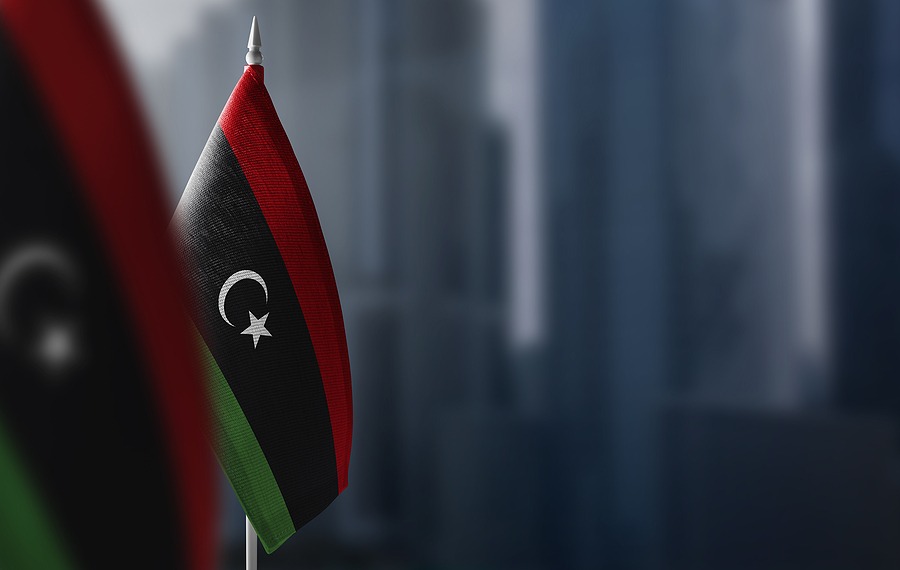France is spearheading a series of consultations aimed at finding a solution to extricate Libya from its current political deadlock, with a focus on facilitating the organization of elections.
Paul Soler, Special Advisor and Envoy of French President Emmanuel Macron to Libya, known as “Libya’s man,” is developing a new plan to resolve the Libyan crisis following the unsuccessful attempt to hold presidential elections scheduled for December 2021.
Since early February, a broad series of consultations has commenced in Paris involving representatives of Libyan political parties.
A first group of politicians arrived on February 2nd to engage in discussions until February 7th.
Among the delegates were former Health Minister in the National Transitional Council Naji Barakat, 2021 election candidate and former Deputy Minister of Planning from 2004 to 2006 under Muammar Gaddafi, advisor Mohamed Khaled Gwell, former Interior Minister in 2011 from the National Transitional Council Fawzi Abdel A’al from Misrata, and former Deputy Minister of Information in the National Transitional Council Khaled Najem, who became the head of media in Abdullah al-Thani’s parallel government in Tobruk in 2015.
In total, about 30 politicians gathered in Paris until February 7th. Following this initial phase of discussions, consultations are planned to involve representatives from the economic sector and civil society in talks aimed at finding common ground.
Through these discussions, France aims to achieve consensus on establishing a unified government, a preliminary step towards organizing presidential and parliamentary elections.
The current National Unity Government led by Abdulhamid Dbeibeh and the government appointed by the House of Representatives led by Osama Hammad are still in conflict.
Paris hopes to reach an agreement between the Speaker of the House of Representatives, Aguila Saleh, and the High Council of State, Mohamed Takala, as part of the continuity of the “6+6” committee work, which includes six members from each body to draft electoral laws. However, the challenge remains in getting the High Council of State to ratify these laws drafted by the parliament.
Indeed, the High Council of State rejects the possibility of dual nationals and military personnel running for office and the establishment of a unified government tasked with overseeing the elections.
France’s new approach follows a failed attempt to convene Dbeibeh, Aguila Saleh, Mohamed Takala, Khalifa Haftar, the strongman in eastern Libya, and the head of the Presidential Council, Mohamed Menfi, around a quintuple table.
Paris has initiated this effort in coordination with countries active with Aguila Saleh and Mohamed Takala, including Morocco, which has hosted negotiations between the High Council of State and the parliament under the auspices of its Foreign Minister Nasser Bourita and continues to regularly welcome representatives of both institutions.
Morocco has been hosting dialogues between Libyans since 2015, the year its diplomatic activity culminated in the success of the Skhirat Agreement.
This new round of consultations also follows the talks held in Cairo, which hosted a meeting between Mohamed Takala and Aguila Saleh last November. Through this latter, Egypt supports the formation of a new unified government.
In continuation of these negotiations, the heads of the House of Representatives and the High Council of State are expected to stop in Paris at the end of this month to continue their consultations.


